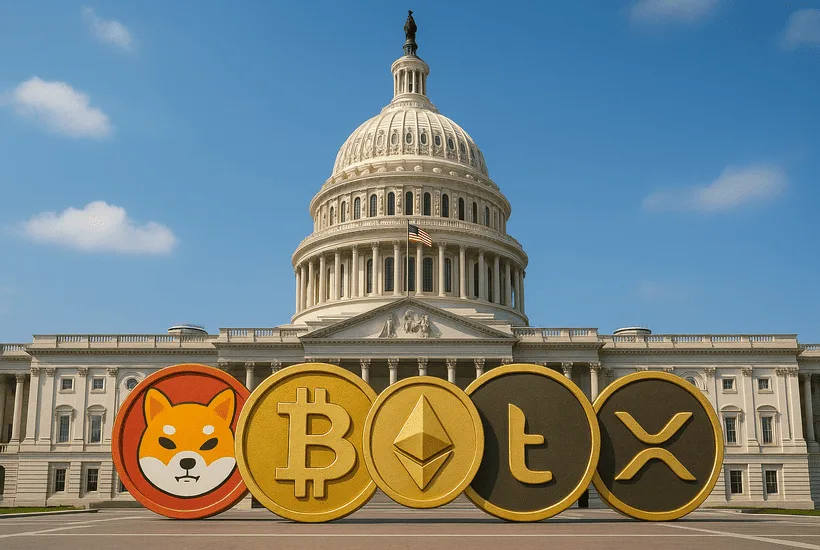The U.S. regulators stepped into the “Crypto Week” on July 14 – aiming to take discussions around crypto regulations closer to completion with the final voting. After intense discussions among members of the Senate, three crucial crypto bills were advanced to the House on July 16.
These bills are – the crypto market structure-focussed CLARITY Act, the stablecoin-focussed GENIUS Act, as well as the CBDC banning Anti-CBDC Surveillance Act. At present, reaching on common grounds on the CBDC-focussed proposals is appearing to be a significant challenge before the members of the U.S. Congress.
A report by Politico cited House Majority Leader Steve Scalise to claim that for now, all the three bills have cleared the Senate voting phases individually. The next decision before the U.S. regulators is to sequence or merge the trio in a way that results in one comprehensive framework.
The development comes after the discussions on the bills were halted on July 15, after the Democrats and the Republicans entered into gridlocks over certain aspects of these rules.
“We’re back on track,” Politico quoted Scalise as saying after the recent advancements. “And exactly what the combination will be, we’re talking through that, but all three bills will be encompassed in the work we do today.”
President Donald Trump is reportedly looking to review and sign the GENUIS Act before the upcoming weekend.
The CBDC Hiccup
The Anti-CBDC Surveillance Act, that aims to restrict the Federal Reserve from issuing a CBDC directly to individuals and protect the financial privacy of the U.S. nationals.
While the Trump-backed Republicans believe a CBDC could increase government oversight into people’s finances, the Democrats argue that banning CBDCs could hinder innovation and block the US dollar from maintaining its status as the world’s reserve currency. The Federal Reserve has also disagreed to support the Anti-CBDC act.
More clarity on the situation remains awaited for the time being.



